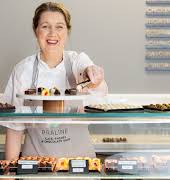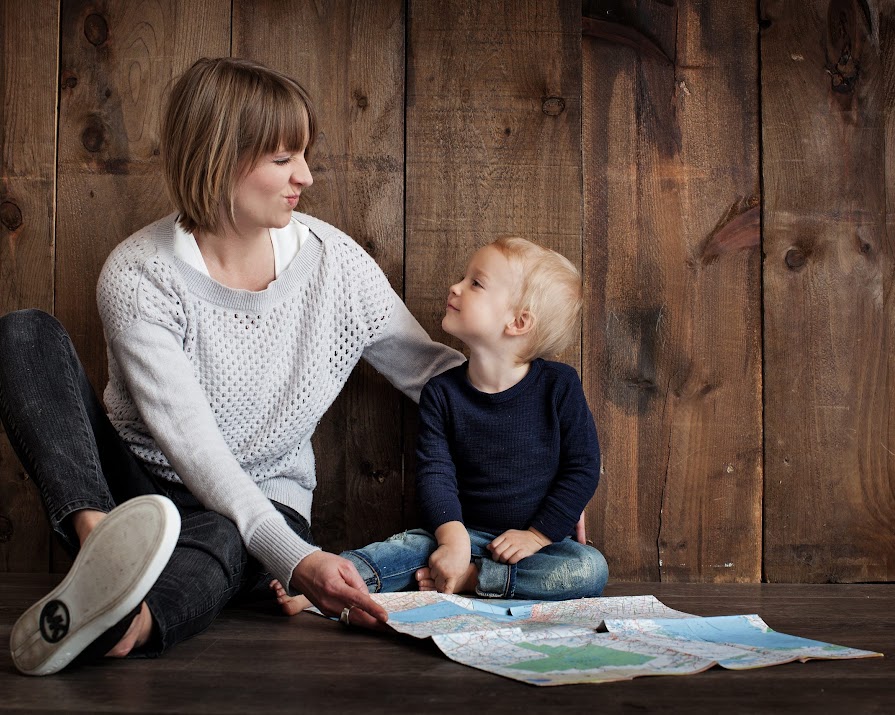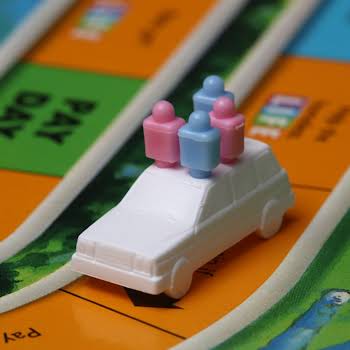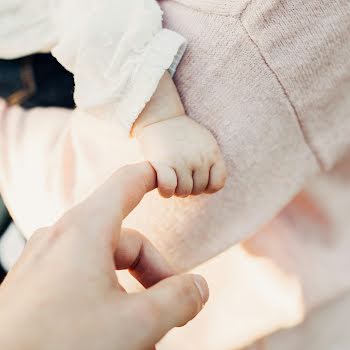
Feeling guilty about how much time you spend with your children? There’s no point…
By IMAGE
16th May 2022
16th May 2022
Feeling guilty about the amount of time you spend with your children means no one wins, writes clinical psychologist and parent guide, Dr Julie Meehan. Instead, switch your focus to authentic connection.
Parent-guilt — an off-shoot of modern parenting that has many flavours to it. You name it, there is probably a parent out there who has felt guilty about it.
You may well have your own flavour of how parent-guilt shows up for you. And if you don’t, I genuinely bow to you. Why? Because research shows us that parent-guilt gets in the way of our relationship with our children (and ourselves, if anyone is interested).
Poking holes in parent-guilt
As a psychologist, I love a good bit of robust research. It kicks mud in the face of many culturally held beliefs and narratives we have about ourselves as parents, our children and our relationships with ourselves and our children. And it can poke holes in the fabric of parent-guilt that is collectively shared by so many of us.
In my last piece I highlighted how research has shown us that there is no such thing as perfect parenting. ‘Good-enough’ parenting is based on a dance of getting it right, getting it wrong and seeking to make it right again with your children. We all mess up. Seeking to repair is the important part. I love this research, it has changed the way I relate to myself and my children, and I frequently share it with my parent guidance clients for the same reasons.
In fact, I would like to shout it from the rooftops.
But here’s an interesting dilemma about being a psychologist and a parent: sometimes I may know a scientific fact to be true intellectually, but I don’t always believe it – like really believe it.
Here’s one of those bits of research facts about parenting I still struggle to believe:
It’s not the amount of time you spend with your children that counts, it’s the quality of the connection you have with them when you are together that matters.
I’ll say it another way: What counts is how you spend time with your children, not how much time you spend with them.

Quality over quantity — really?
This ground-breaking evidence has been known to us since 2015 when Dr. Melissa Milkie from the University of Toronto and her colleagues published a large-scale longitudinal study on parent-time and its effects on children’s psychological functioning. They found that the quality of parent-time spent with children positively impacted their emotional and behavioural well-being, as well as their academic functioning. The quantity of time spent with children had no bearing on these aspects of psychological health whatsoever.
Why isn’t this evidence being shouted from the roof tops?
The answer might be wrapped up in our culturally held beliefs and narratives about what a ‘good parent’ ought to be doing. In general, there seems to be an assumption that we need to spend as much time as possible with our children, and if we are not, we are doing something wrong, and somehow failing.
The power of culturally held beliefs
This assumption, which sadly is focused more on mothers than fathers, is so strong that Melissa Milkie herself pointed out in an article with the Washington Post in 2015 that she originally set out to prove that the amount of time parents (and mothers in particular) spent with their children did have a bearing on psychological health in children. She was as surprised as anyone when the data threw that hypothesis on its head and showed the exact opposite to be true.
This assumption is so strong that I kept writing the following sentence in an earlier draft of this piece: quantity outweighs quality when it comes to spending time with our children. A Freudian I am not, but I do think there is something telling about my slip of the keyboard here.
There is a part of me — let’s call her the Guilty Parent part — who still believes that if I don’t spend enough time with my children, I am messing up. I am messing them up.
And yet, the data is clear: quality outweighs quantity when it comes to spending time with our children.
So, what gives here? Direct experience.
Knowing versus feeling
I love science, but I also love direct experience: it is the best teacher there is (after our children, of course). It offers me wisdom that untangles that strongly held and culturally embedded belief I have about quantity-versus-quality a little bit more each time I test it. I may know something to be true, but with direct experience I feel it to be true.
Wisdom such as:
- I am at my most present with my children when I feel grounded and self-connected.
- When I am stressed, agitated, pre-occupied, grappling with guilt, grumpy, irritable, tired (the list goes on), I am not present with my children, even if I am in their physical presence.
- When I self-connect, I can more easily connect with my children.
- I can stop, take a breath, make eye-contact with them and listen to them. I create an authentic connection with then.
I see them. I attune to them. They feel the resonance. Something almost unquantifiable happens (in fact, science has now found the pathways in our brain that support this type of authentic connection and presence).
These interactions, even if they last only 30 seconds, far out-weigh those busy interactions that are marked with stress, agitation and little connection.
Every time.
Shouting it from the roof tops
And so, may you hear these words (Freudian slips and all) as if they are being shouted from the roof tops: Feeling guilty about the amount of time you spend with your children means no one wins. Instead, switch your focus to authentic connection.
Giving authentic connection a go
In the dance of being a parent this week, give the following a go:
- Notice: if that niggle (or sledge-hammer) of guilt shows up about not being available for your children, the first step is to notice it and name it, ‘Ah, there’s guilt showing up’ — that kind of thing. It is much easier to know what you are dealing with when you can name it. It demystifies it.
- Be kind to yourself: Remember, we may intellectually know something to be true, but our hearts may not have caught up yet. Culturally held beliefs are strong, bound tight by a collective misunderstanding. They can take a while to chip away at.
- Self-connect: If you feel there is no time to self-connect, try it for 30 seconds. Try it now: feel your feet on the floor connecting with the Earth beneath you. Be aware of yourself in your body. Follow the breath for three cycles. Say something to yourself to help you come into the present more, like, ‘I am here’, or maybe you need to soothe yourself, ‘it’s OK’. These four pointers only take 30 seconds. If it doesn’t work the first time, try it again. It’s OK. It’s all a work in progress.
- Find your connection points with your child: Use body-centred connection points that say, ‘I see you’, ‘I hear you’. See if you can hold your child’s eye gaze. If this is a difficulty for either one of you, try looking at the light as it bounces off their face. Use your tone of voice and your facial expression to let them know that you are listening to them (if even for 5 seconds as you pile out the door on your way to school). Say to yourself, ‘I am connecting’, ‘quality matters’, whatever works for you create that connection that is not quantifiable by time but by meaning.
© Julie Meehan 2022
Dr Julie Meehan is a clinical psychologist, parent guide and (imperfect) parent.
Dr Julie has developed an evidence-based, step-by-step pathway for parents to follow that guides you to create more connected and trusting relationships with yourself and your child, allowing you both to meet and grow from life’s challenges, and to thrive.
You can follow The Pathway Home for Parents through online self-study courses, live programmes and through Dr Julie’s one-to-one parent guidance packages on www.juliemeehan.com
Join Dr. Julie for a free webinar for parents of children aged 4-18 years on Befriending Big Emotions: 3 Steps to Emotional Balance for You and Your Child. To learn more and to register go to www.juliemeehan.com/befriendingbigemotions























